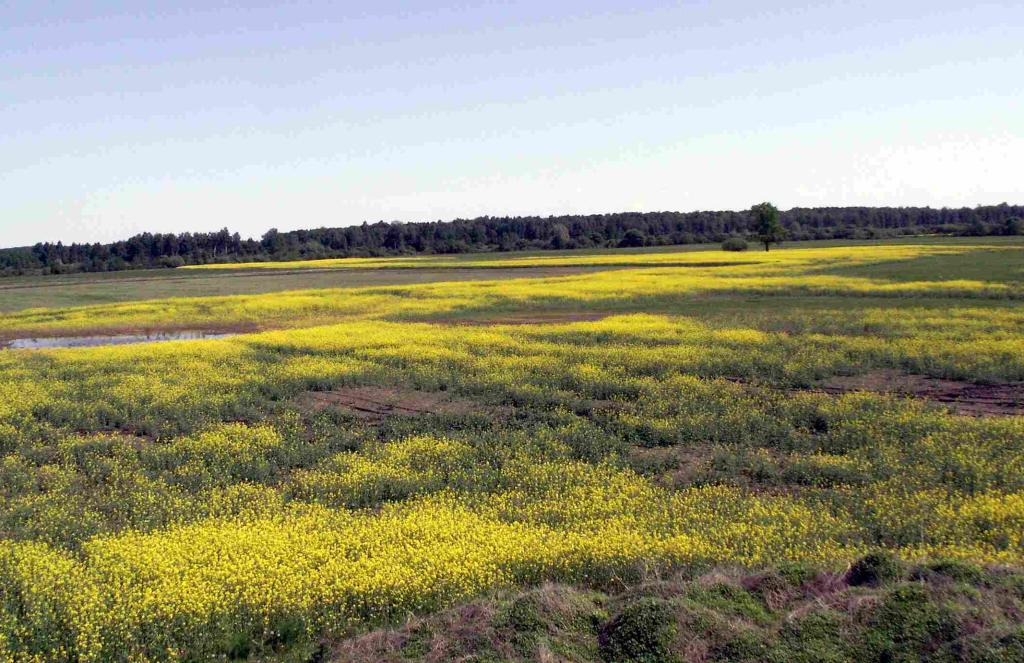Thessaloniki gets ready for its metro launch in November
The underground rapid transit lines have been under construction for almost two decades due to various project delays
 TheMayor.EU logo
TheMayor.EU logo 
The supposed site of the battle is a quaint field today, Source: Rimantas Lazdynas, Wikimedia Commons (CC BY-SA 3.0)
The holiday honours an event when communities from both lands united against the Livonian Crusaders in the 13th century
The Day of Baltic Unity is one of those rare events, which is celebrated by two countries as a display of shared history and fraternity. Every year, since 2000, Latvians and Lithuanians commemorate a historic event, which had united their ancestors in the face of a common threat.
The holiday recalls the Battle of Saule (Šiauliai), which took place in 1236 between the local Samogitian and Semigallian tribes and the invading Livonian Brothers of the Sword knights.
The thing is, back then these tribes were still pagan following their own beliefs and customs – something that was considered outrageous in Medieval (and very religious) Europe. Hence, the crusade had the aim of forcing a conversion of the Baltic peoples to Catholicism.
The battle in question resulted in the decisive victory of the autochthonous inhabitants and even though ultimately the Baltic people were converted to Christianity, it is still remembered and honoured today as an example of native resistance and unity in the face of adversity.
In fact, the battle was decisive enough to help the Samogitians resist conversion for another 150 years.
The holiday is designed to bring the Baltic peoples together and foster strong ties between Latvia and Lithuania. The Day of Baltic Unity is marked with official receptions, conferences, exhibitions, cultural events, concerts and other appropriate events and activities.
The holiday is used as a platform to demonstrate the folk culture and the pre-Christian customs that have been fairly well preserved among the Baltic people.
Every year, a different city (from either country) takes the helm as the host of the main festivities.
Since 2017, a prize has also been awarded to a person who has done exemplary work in promoting Baltic culture.

The underground rapid transit lines have been under construction for almost two decades due to various project delays

Now you can get your wine in Talence by paying directly in Bitcoin

That’s because the state has to spend money on updating the railway infrastructure rather than subsidizing the cost of the popular pass

Rethinking renewable energy sources for the urban landscape

The examples, compiled by Beyond Fossil Fuels, can inform and inspire communities and entrepreneurs that still feel trepidation at the prospect of energy transition

Now you can get your wine in Talence by paying directly in Bitcoin

The 10th European Conference on Sustainable Cities and Towns (ESCT) sets the stage for stronger cooperation between the EU, national and local level to fast track Europe's transition to climate neutrality.

At least, that’s the promise made by the mayor of Paris, Anne Hidalgo

The underground rapid transit lines have been under construction for almost two decades due to various project delays

At least, that’s the promise made by the mayor of Paris, Anne Hidalgo

Hostal de Pinós is located in the geographical centre of the autonomous region

Despite its church-y name, the district has long been known as the hangout spot for the artsy crowds

Urban dwellers across the EU are having a say in making their surroundings friendlier to people and the environment.

Forests in the EU can help green the European construction industry and bolster a continent-wide push for architectural improvements.

Apply by 10 November and do your part for the transformation of European public spaces

An interview with the Mayor of a Polish city that seeks to reinvent itself

An interview with the newly elected ICLEI President and Mayor of Malmö

A conversation with the Mayor of Lisbon about the spirit and dimensions of innovation present in the Portuguese capital














